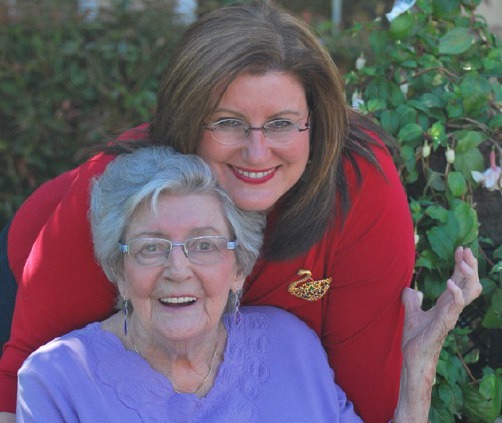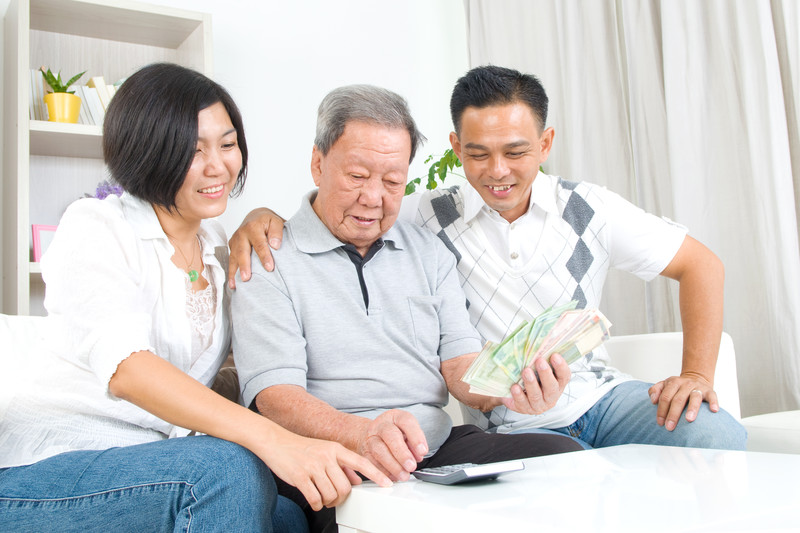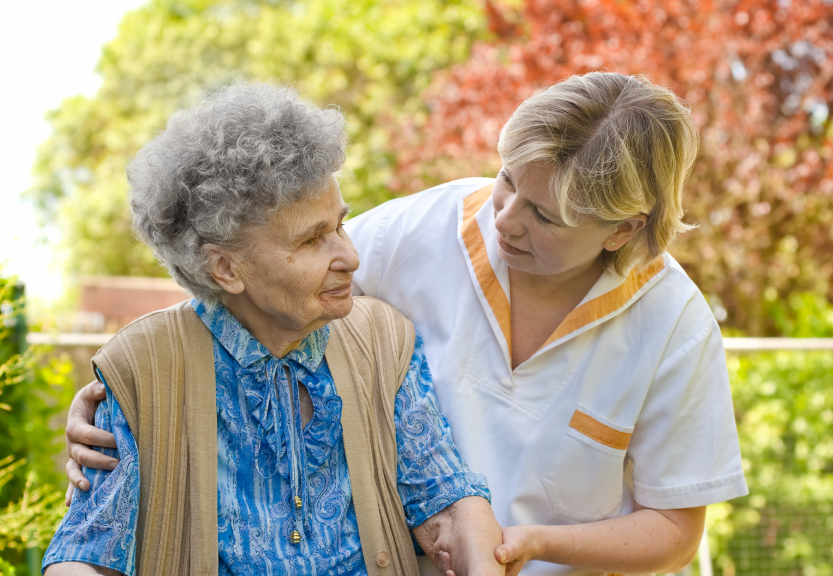In caring for my own mother, there were times that I look back and see how I began to find my own stride as a caregiver. In the beginning stages everything was brand new. There were new procedures, new laws to learn about, and new ways in which to view my mother’s care plan.
No doubt as a family caregiver, you have been placed with options and questions. Should Mom and Dad stay home, or move into skilled care? When should we as a family have “the talk” with them? How often should I visit? What is my role when it comes to doctor visits? How can I be assured of my decisions that I am faced with? What kinds of resources should I seek out, and how do I determine what is the best choice for my senior parent?
In the early stages of caring for Mom, because of the newness of it all, I found myself being black and white about everything. I towed the line of “whatever the professionals recommend or do, I will follow suit.” I wanted to make sure that I made the best choices for her, but often times those choices were not necessarily what she would choose for herself.
Many of us are dealing with senior parents who may have Alzheimer’s or Dementia. As their caregivers, we are faced with honoring them as they would want to be. Would my mother choose to eat a low sodium diet, when so many things had already been taken away from her? Would it be her wish to drink water instead of thickened liquids at risk of choking? Would certain medical treatments or additional medications be preferable to ease her comfort over longevity of life? These are profound questions — and ones which can only be answered by the person who knew Mom best — which if you are the caregiver, you are likely the one who holds these types of health directives on behalf of your loved one.
One thing I learned in my path of caregiving is that no one — not a doctor, a nurse, a care agency, a family friend, or counselor — knows your parent like you do. You live each and every day with that parent, and the privilege you have by caring for them gives you unique insights as to what makes them happy, what their key hardships are, and what their ultimate desires are as well.
As time went on, I began to realize that I do have a voice. I also could “hear” my mother’s own voice within me. I started to see my role being transformed of being “by the book”, to becoming an “advocate” for my parent. I learned that it’s ok to question and challenge methods of treatment. It’s okay to let go of preconceived notions on how care “should be”, and I learned to trust in my own heart and judgment when it came to my mother’s quality of life. It is important to stay in the loop on their care, and it’s important to ask questions about the ultimate goals and overall prognosis is of the rest of our parent’s life actually is.
There was only one voice that could answer the right questions. The one which was in my heart. I knew that as I searched inside myself, I found my mother’s voice, which ultimately became my own.
As I began to relax and ease up, I began to see joy returning to my mother’s face. I signed releases to allow her water instead of thickened liquids despite the risks. I learned about the principles and goals of Palliative Care, which at the time was completely unknown to me. I learned to understand that the goal of being her caregiver wasn’t so much about seeking her longevity of life, but instead, to seek her comfort.
Bottom line, I learned about quality of life through advocacy. Advocacy isn’t about towing the line, but instead, honoring the true wishes of your senior loved one. It’s about recognizing their values, their desires, and preserving their dignity.













